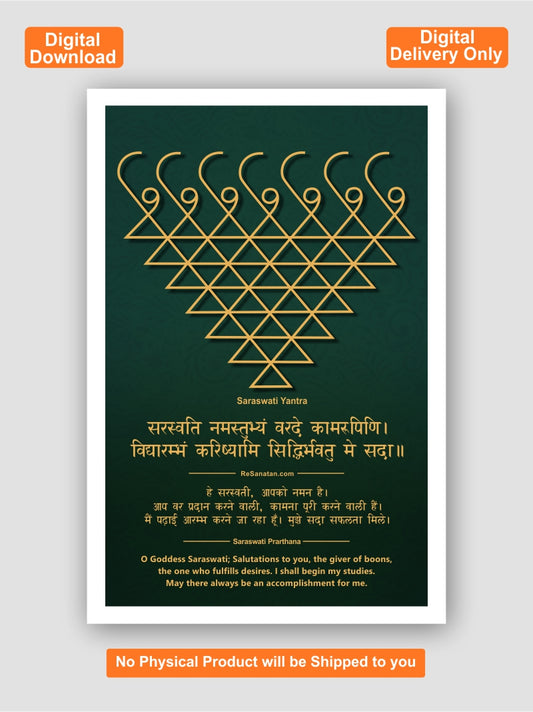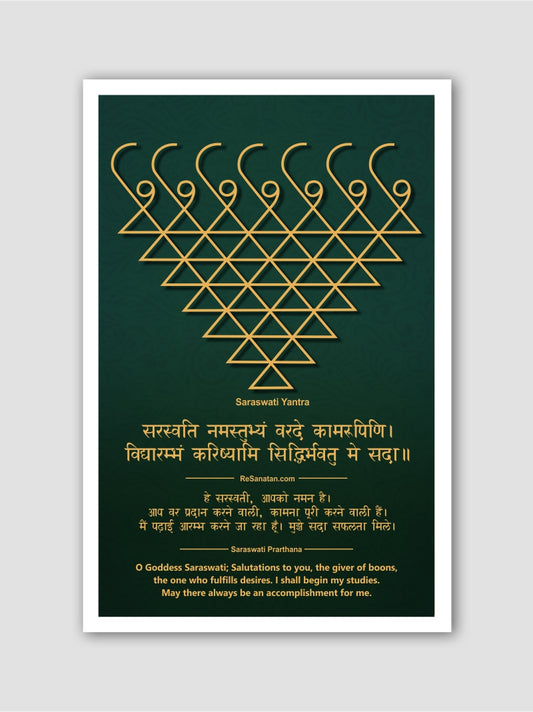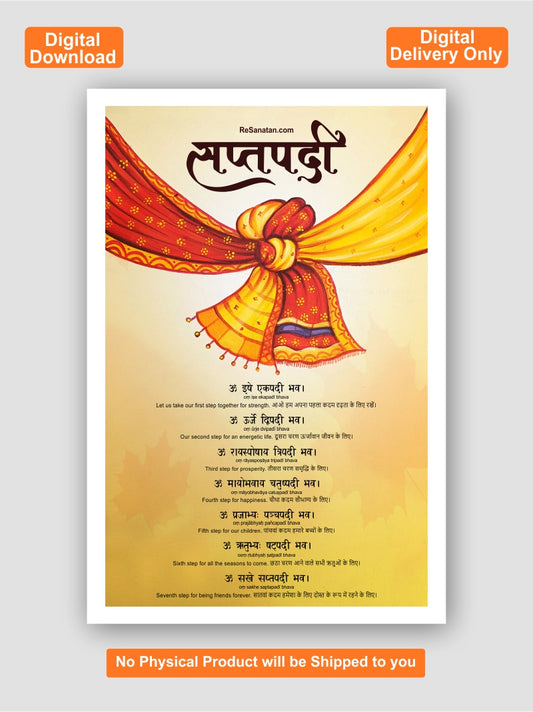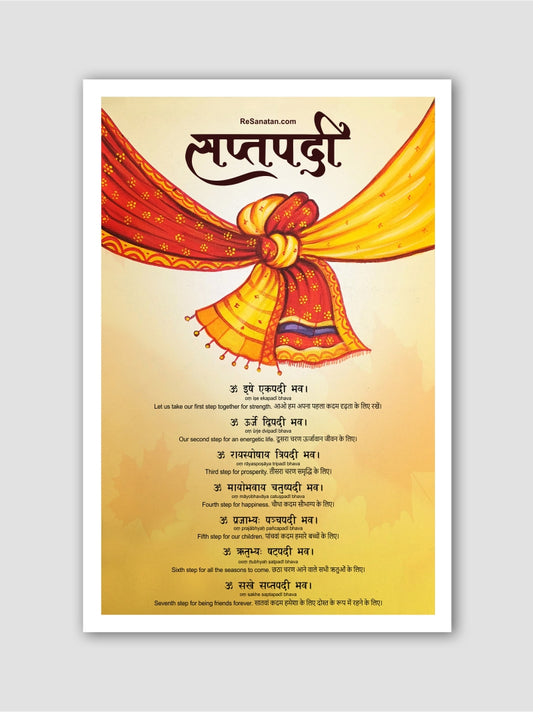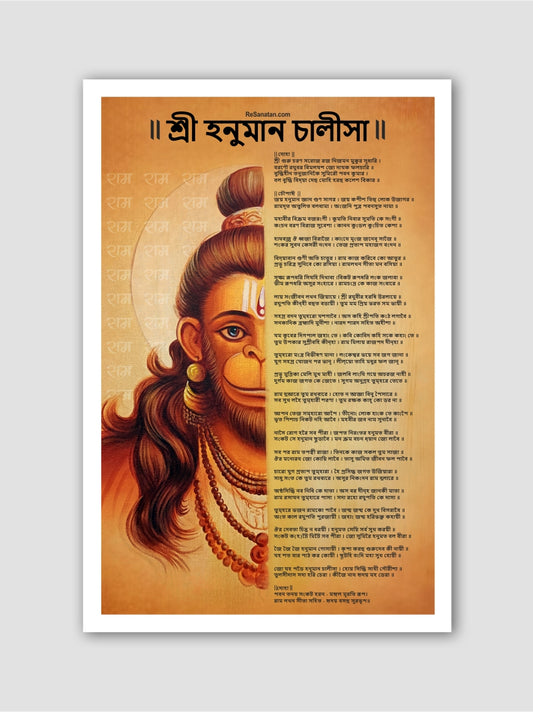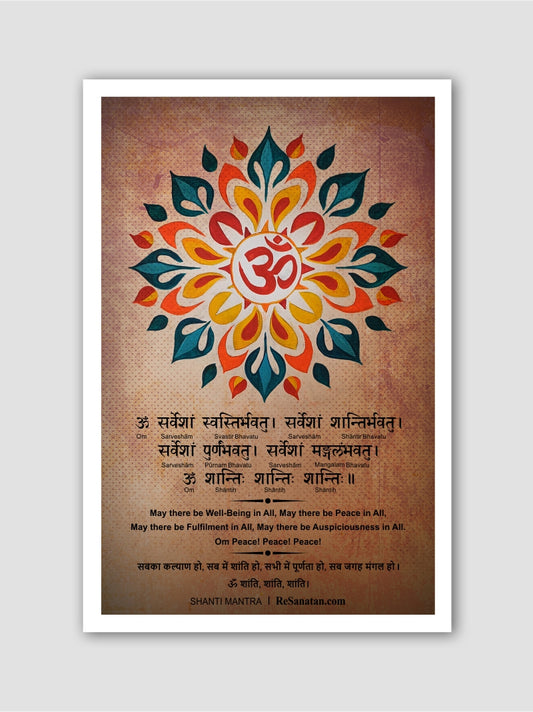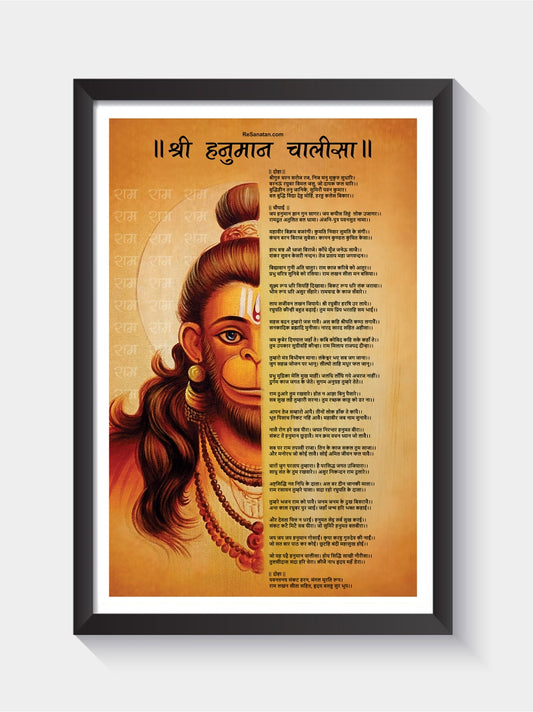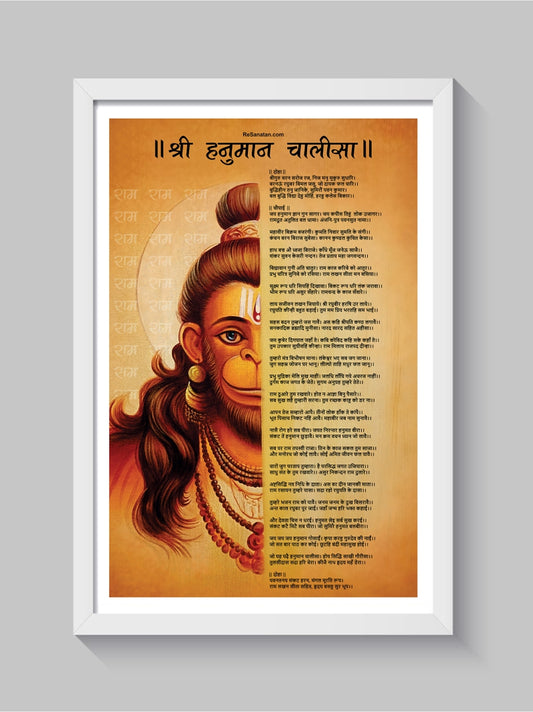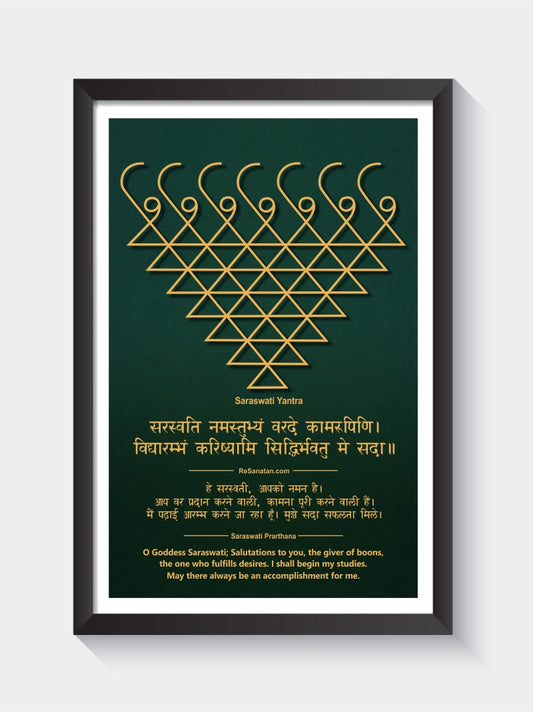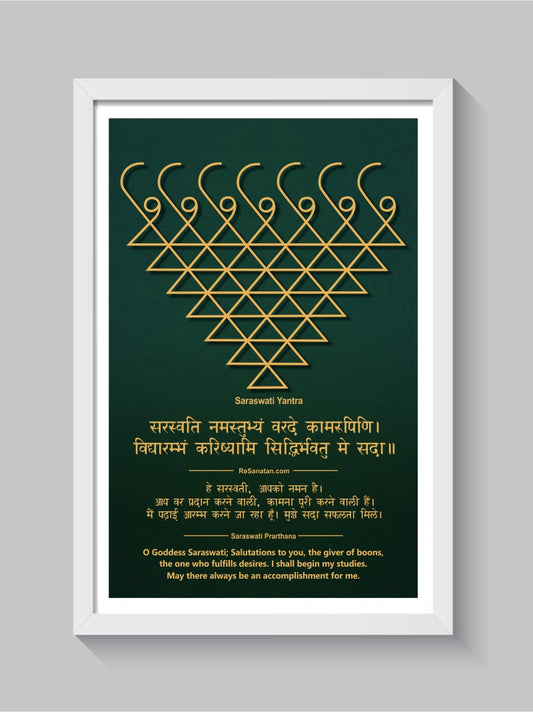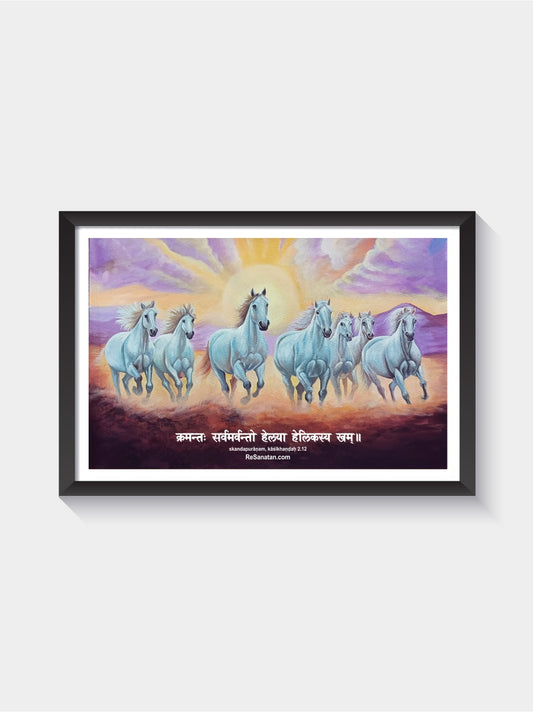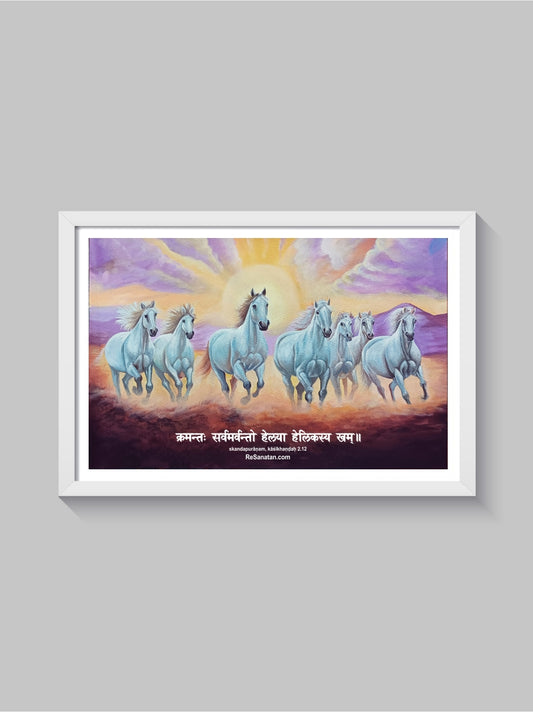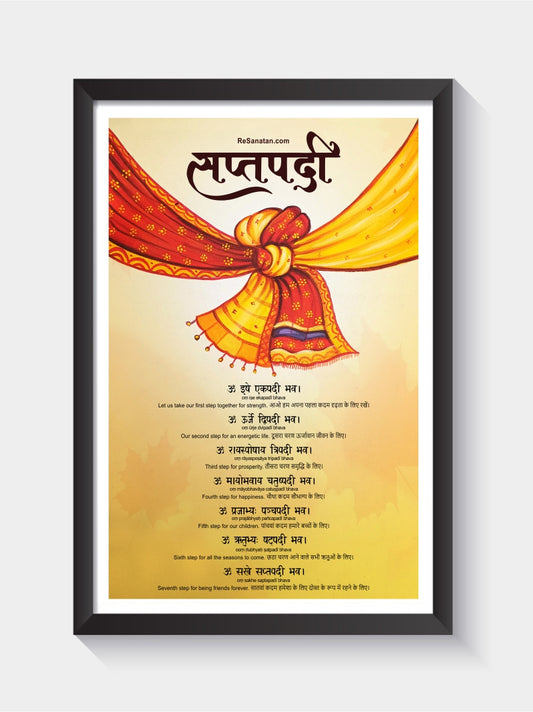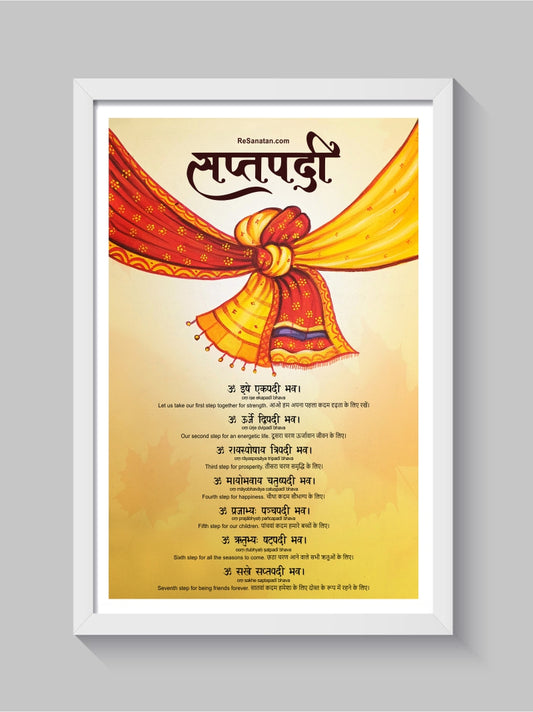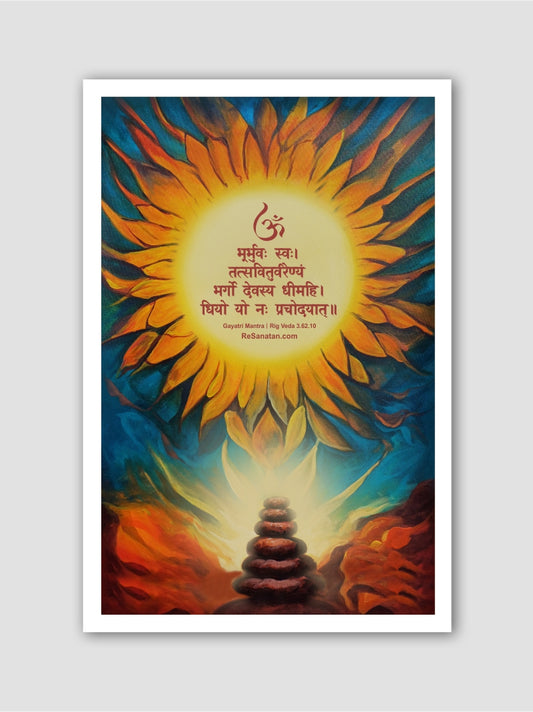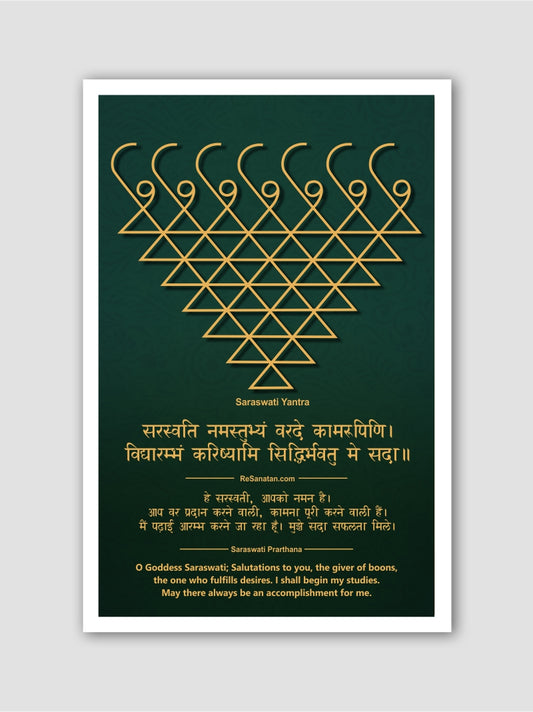Celebrate Maha Shivratri: Significance, Rituals, Quotes, Stories and Date
Share
Maha Shivratri, which translates to "the Great Night of Shiva," is a revered Hindu festival celebrated with fervor and devotion across India and by Hindus around the world. This auspicious night is dedicated to Lord Shiva, one of the principal deities in Hinduism, known as the destroyer or transformer within the Trimurti, which also includes Brahma and Vishnu. Maha Shivratri is not just a religious observance but a spiritual journey that encapsulates the essence of awakening, renunciation, and the eternal cycle of creation and destruction.

The Significance of Maha Shivratri
The festival not only marks a period of religious observance but also embodies deep spiritual significance, reflecting themes of devotion, the cycle of creation and destruction, and the victory of light over darkness.
A Night of Spiritual Awakening
The literal translation of Maha Shivratri is "the Great Night of Shiva," signifying a time when the stars in the northern hemisphere are positioned in a way that is believed to raise an individual's spiritual energy. It is considered an auspicious night for spiritual awakening and the purging of past sins, with millions of devotees observing fasts, performing rituals, and offering prayers to Lord Shiva.
Symbolism and Myths
Maha Shivratri celebrates several key events in Hindu mythology that highlight its significance:
Shiva’s Cosmic Dance: The festival commemorates the night when Shiva performs the Tandava Nritya, the dance of primordial creation, preservation, and destruction. This dance symbolizes the cycle of the universe, from birth to destruction, and the role of Shiva in this cosmic cycle.
Marriage of Shiva and Parvati: Another significant aspect of Maha Shivratri is the celebration of the marriage of Shiva to Parvati, his divine consort. This union symbolizes the harmony between the masculine and feminine energies of the universe, promoting stability and well-being.
The Legend of the Neelkanth: According to one legend, during the churning of the Milky Ocean (Samudra Manthan) for the elixir of immortality (Amrit), a pot of poison (Halahala) emerged, threatening to destroy all creation. To protect the universe, Shiva consumed the poison, which turned his throat blue. Maha Shivratri honors this selfless act of Shiva, celebrating his role as the protector of the universe.
Spiritual Significance
For the devout, Maha Shivratri is not just a night of rituals but a profound spiritual opportunity to connect with the divine. It is believed that on this night, the natural energies of the world aid in one’s spiritual practice. Many devotees observe a strict fast, meditate, chant the sacred mantra "Om Namah Shivaya," and engage in self-reflection, seeking Shiva's blessings for liberation from the cycle of birth and rebirth.
The festival emphasizes detachment from worldly desires, focusing instead on the eternal truth and the pursuit of moksha (liberation). It encourages followers to contemplate the transient nature of the world and the importance of living a righteous life.
A Global Celebration
While Maha Shivratri is rooted in Hindu mythology, its celebration transcends geographical and cultural boundaries, drawing participants from diverse backgrounds to engage in this night of spiritual renewal and divine reverence. Temples worldwide resonate with the chants and prayers dedicated to Shiva, as communities come together to observe this sacred night.
Mahashivratri 2026 Date: When is Maha Shivratri in 2026?
In 2026, Maha Shivaratri will be observed on Sunday, February 15. This sacred night is dedicated to Lord Shiva and is marked by fasting, night-long vigils, and special pujas. The Chaturdashi Tithi begins at 5:04 PM on February 15 and ends at 5:34 PM on February 16, encompassing the most spiritually significant time for worship. The Nishita Kaal Puja, considered the most auspicious moment to perform Shiva Puja, falls between 12:09 AM to 1:01 AM on February 16, lasting 51 minutes. Devotees also observe four Prahar (night phases) pujas starting from 6:11 PM on Feb 15 until 6:59 AM on Feb 16. The Shivaratri Parana, or the time to break the fast, is between 6:59 AM to 3:24 PM on February 16. Devotees across India and beyond will come together to chant, meditate, and offer prayers, seeking blessings of peace, strength, and spiritual growth.
Rituals and Observances of Maha Shivratri
Maha Shivratri, the grand night dedicated to Lord Shiva, is steeped in deep spiritual significance and observed with a series of rituals that symbolize devotion, purification, and the quest for enlightenment. These rituals, carried out with reverence and piety, are designed to honor Shiva, the destroyer of evil and the master of rejuvenation. Here, we delve into the core rituals and observances that mark this auspicious occasion, providing insight into their meanings and how they are performed.
Fasting (Vrat)
One of the most significant observances of Maha Shivratri is the fast kept by devotees. The fast begins at sunrise on the day of Maha Shivratri and continues until the next morning. Devotees abstain from eating food and, in some strict observances, from drinking water as well. The fast is broken after the night-long worship of Lord Shiva, following the ritual bathing (Abhishekam) of the Shiva Lingam the next morning. This fast is believed to purify the devotee's body and soul, enhancing their spiritual strength and devotion.
Night Vigil (Jagran)
The night vigil, or Jagran, is a critical aspect of Maha Shivratri, reflecting the festival's essence—"the Great Night of Shiva." Devotees stay awake all night, engaging in various forms of worship such as chanting mantras, reading scriptures, singing hymns (Bhajans), and meditating. This vigil represents the vigilance of consciousness and is thought to bring spiritual growth and liberation from ignorance and darkness.
Worship and Offerings (Puja)
The worship of Lord Shiva on Maha Shivratri involves elaborate rituals performed at temples and homes. The Shiva Lingam, a symbol of Lord Shiva's creative power, is given a ceremonial bath with milk, yogurt, honey, ghee (clarified butter), sugar, and water. This ritual, known as Abhishekam, is performed to cleanse and purify the soul. Following the Abhishekam, the Lingam is adorned with flowers, bel (Bilva) leaves, and fruits, which are believed to be favored by Lord Shiva. The offering of bel leaves is especially significant, as it is said to absolve the devotee of sins and bring prosperity.
Chanting and Prayers
The recitation of the sacred mantra "Om Namah Shivaya" is a central practice during Maha Shivratri, invoking the energies of Lord Shiva. Devotees chant this powerful mantra throughout the night, either individually or in groups, as a form of meditation and devotion. The chanting is complemented by the reading of scriptures like the Shiva Purana, which recounts the legends of Shiva and his various forms and deeds.
Meditation and Yoga
Given Lord Shiva's association with yoga and meditation, Maha Shivratri is considered an auspicious time for these practices. Devotees engage in meditation, focusing on the third eye, an act that is believed to facilitate the awakening of spiritual insight and inner peace. Yoga sessions, especially those involving postures and breath control that honor Shiva as the Adi Yogi (the first yogi), are also common, helping practitioners align their physical, mental, and spiritual energies.
Ritual Dance (Tandava)
In some regions, the ritual dance known as Tandava, symbolizing the cosmic cycles of creation and destruction, as well as the harmony of life and death, is performed. This dance is a tribute to Lord Shiva's dance of destruction and a celebration of the energy and vitality he embodies.
Quotes to Inspire Devotion on Maha Shivratri
To inspire devotion and enhance the spiritual experience of this auspicious night, here are several quotes that resonate with the essence of Maha Shivratri and the broader spiritual journey.
1. "Om Namah Shivaya. Let this mantra guide you to your inner self and bring you peace, strength, and connection to the eternal soul."
The mantra "Om Namah Shivaya" is central to the worship of Shiva, encapsulating the essence of devotion and the search for inner peace. It is a powerful tool for meditation, helping devotees connect with their higher selves.
2. "Lord Shiva's Tandava is a reminder that cosmos dances to the rhythm of creation and destruction, and life is a cycle of birth and death. Let us embrace the dance and find the rhythm of our own lives."
The Tandava, Lord Shiva's cosmic dance, symbolizes the dynamic nature of the universe. This quote inspires devotees to accept life's impermanence and find harmony in the continuous flow of creation and dissolution.
3. "Maha Shivratri is not just an occasion but a day to connect with Lord Shiva, seek his blessings for the removal of darkness and ignorance from our lives."
This emphasizes the significance of Maha Shivratri as a time for spiritual awakening, asking for Lord Shiva's guidance to dispel darkness and ignorance, illuminating our path to enlightenment.
4. "On this auspicious night of Shivratri, may you be blessed with happiness and prosperity. Let the divine glory remind you of your capabilities, and help you in attaining success."
A blessing for Maha Shivratri, this quote is a prayer for happiness, prosperity, and success, inspired by the divine glory of Lord Shiva. It is a reminder of our potential and the divine support in our journey through life.
5. "Let us celebrate the Mahashivratri night by awakening our conscience and realizing Lord Shiva within ourselves."
This quote calls for a celebration of Maha Shivratri by turning inwards and awakening our conscience, aiming to realize the presence of Lord Shiva within each of us. It's an invitation to spiritual awakening and self-discovery.
6. "The darkness of ignorance can only be dispelled by the dawn of self-realization. Let Maha Shivratri's sacred night guide you to the light within."
This quote emphasizes the transformative power of self-realization in overcoming ignorance, inspired by the symbolic significance of Maha Shivratri as a night that leads to enlightenment.
7. "Seek the blessings of Lord Shiva to lead a life that is not just good for yourself, but also serves as a beacon of hope and light for others."
Highlighting the essence of service and benevolence, this quote encourages devotees to live a life that reflects Lord Shiva's teachings, benefitting not only themselves but also inspiring and aiding others.
8. "Maha Shivratri reminds us that our actions and thoughts are the offerings we present to the divine. Let every deed and thought be pure and filled with love."
This quote draws attention to the importance of purity in action and thought as true offerings to Lord Shiva, underscoring the spiritual discipline Maha Shivratri inspires in devotees.
9. "Embrace the silence of the night, for it is in the quiet moments that we hear the whispers of the divine."
Maha Shivratri's vigil is a time of quiet reflection and meditation. This quote suggests that silence is not empty but filled with divine presence and guidance, waiting to be acknowledged in the stillness of the night.
10. "Let the vigil of Maha Shivratri ignite the eternal flame of devotion within you, illuminating the path to divine bliss."
The practice of staying awake and meditating on Maha Shivratri is seen here as a catalyst for igniting lasting devotion, guiding devotees toward ultimate spiritual fulfillment.
11. "In the cycle of life and death, let the teachings of Lord Shiva remind us that every end is a new beginning. Maha Shivratri is a celebration of this eternal cycle."
This quote reflects on the cyclical nature of existence, as symbolized by Lord Shiva's roles as both destroyer and rejuvenator, encouraging a perspective that sees endings as opportunities for new beginnings.
12. "As we offer our prayers to Lord Shiva, let us also strive to dissolve our ego and attachments, embodying the true essence of Maha Shivratri." — Anonymous
Focusing on the spiritual goals of Maha Shivratri, this quote encourages self-reflection and the dissolution of ego, highlighting the festival's deeper aim of fostering a direct connection with the divine.
13. "May the divine energy of Maha Shivratri uplift your soul, bringing peace, prosperity, and spiritual growth into your life."
This blessing encapsulates the multifaceted benefits of observing Maha Shivratri, wishing for not only material well-being but also for inner peace and spiritual advancement.
Stories Behind Maha Shivratri
The stories associated with Maha Shivratri not only enrich the cultural fabric of the celebration but also impart profound spiritual lessons. Let's delve into the mythology and symbolism that underpin this auspicious occasion.
The Cosmic Dance of Lord Shiva
One of the most captivating stories related to Maha Shivratri is that of Lord Shiva's cosmic dance, the Tandava. It is believed that on this night, Shiva performs the Ananda Tandava, the dance of bliss, and the Rudra Tandava, the dance of destruction, symbolizing the cycles of creation, preservation, and dissolution of the universe. This dance represents the essence of the cosmic energy and the balance of nature, celebrating Shiva as the source of wisdom and enlightenment.
The Marriage of Shiva and Parvati
Another significant story is the divine marriage of Lord Shiva and Goddess Parvati. Maha Shivratri is celebrated as the day when Shiva and Parvati were united in holy matrimony. This union is not merely an event but symbolizes the merging of the soul (Parvati) with the divine (Shiva) and the harmony of masculine and feminine energies in the universe. It embodies the spiritual ideal of reaching divine consciousness through devotion and love.
The Legend of the Churning of the Milky Ocean
The story of the churning of the Milky Ocean (Samudra Manthan) holds a special place in the lore surrounding Maha Shivratri. When the gods and demons churned the ocean in search of the elixir of immortality (Amrit), a deadly poison (Halahal) emerged first, threatening to engulf the world. To protect creation, Shiva consumed the poison, and his throat turned blue, earning him the name Neelkanth (the blue-throated one). Maha Shivratri celebrates this act of selflessness by Shiva, highlighting his role as the protector of the universe.
Shiva's Appearance as a Lingam
Another tale recounts the night when Shiva manifested as a limitless pillar of fire, challenging Brahma and Vishnu to find its end. Brahma took the form of a swan and flew upwards, while Vishnu became a boar and dug downwards, but neither could find the end. This story, celebrated on Maha Shivratri, symbolizes the infinite nature of Shiva, beyond physical form, and teaches humility and the limits of worldly knowledge.
Ganga's Descent to Earth
Maha Shivratri is also linked to the story of the Ganga river's descent from heaven to earth. To cushion Ganga's fall and prevent her waters from devastating the earth, Shiva caught her in his matted hair, releasing her gently to the ground. This event is commemorated on Maha Shivratri, celebrating Shiva's compassion and the sanctifying power of the Ganga.
The stories behind Maha Shivratri are rich with symbolism, offering layers of meaning that go beyond their mythological narratives. They teach the virtues of self-sacrifice, the importance of balance in the universe, the pursuit of spiritual enlightenment, and the power of devotion. Maha Shivratri is not just a night of rituals and prayers; it's a celebration of the profound spiritual truths that Lord Shiva embodies, inviting devotees to reflect on the deeper aspects of existence and their own place within the cosmic dance of the universe.




